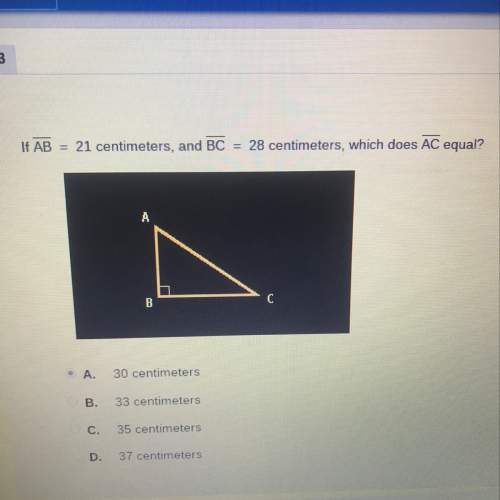
Mathematics, 16.12.2019 18:31 Dede6308
Consider a seller who must sell a single private value good. there are two potential buyers, each with a valuation that can take on one of three values, θi ∈ {0, 1, 2}, each value occurring with an equal probability of 1/3 . the players’ values are independently drawn. the seller will offer the good using a second-price sealed-bid auction, but he can set a reserve price of r ≥ 0 that modifies the rules of the auction as follows. if both bids are below r then neither bidder obtains the good and it is destroyed. if both bids are at or above r then the regular auction rules prevail. if only one bid is at or above r then that bidder obtains the good and pays r to the seller.(a) is it still a weakly dominant strategy for each player to bid his valuation when r > 0? (b) what is the expected revenue of the seller when r = 0 (no reserve price)? (c) what is the expected revenue of the seller when r = 1? (d) what explains the difference between your answers to (b) and (c)?

Answers: 3
Another question on Mathematics



Mathematics, 21.06.2019 19:00
How much orange juice do you need to make 2 servings of lemony orange slush?
Answers: 1

Mathematics, 21.06.2019 20:00
Hell . what are the solutions to `10x^2 - 38x - 8 = 0`? is this when i find the factors and use the numbers within the factors to determine the zeros? i hope that made sense lol
Answers: 2
You know the right answer?
Consider a seller who must sell a single private value good. there are two potential buyers, each wi...
Questions


Mathematics, 14.07.2019 12:10

Mathematics, 14.07.2019 12:10

History, 14.07.2019 12:10


Biology, 14.07.2019 12:10




Mathematics, 14.07.2019 12:10


Mathematics, 14.07.2019 12:10







Social Studies, 14.07.2019 12:20

Biology, 14.07.2019 12:20




